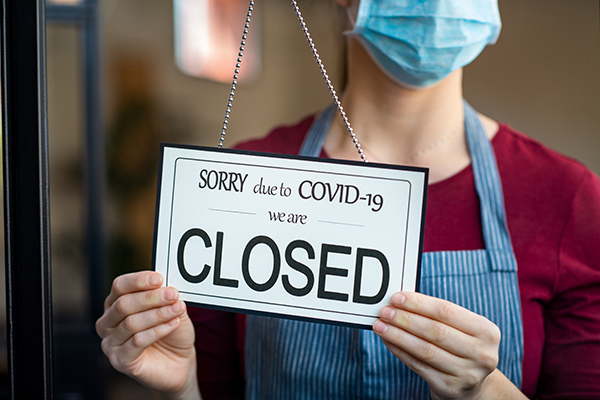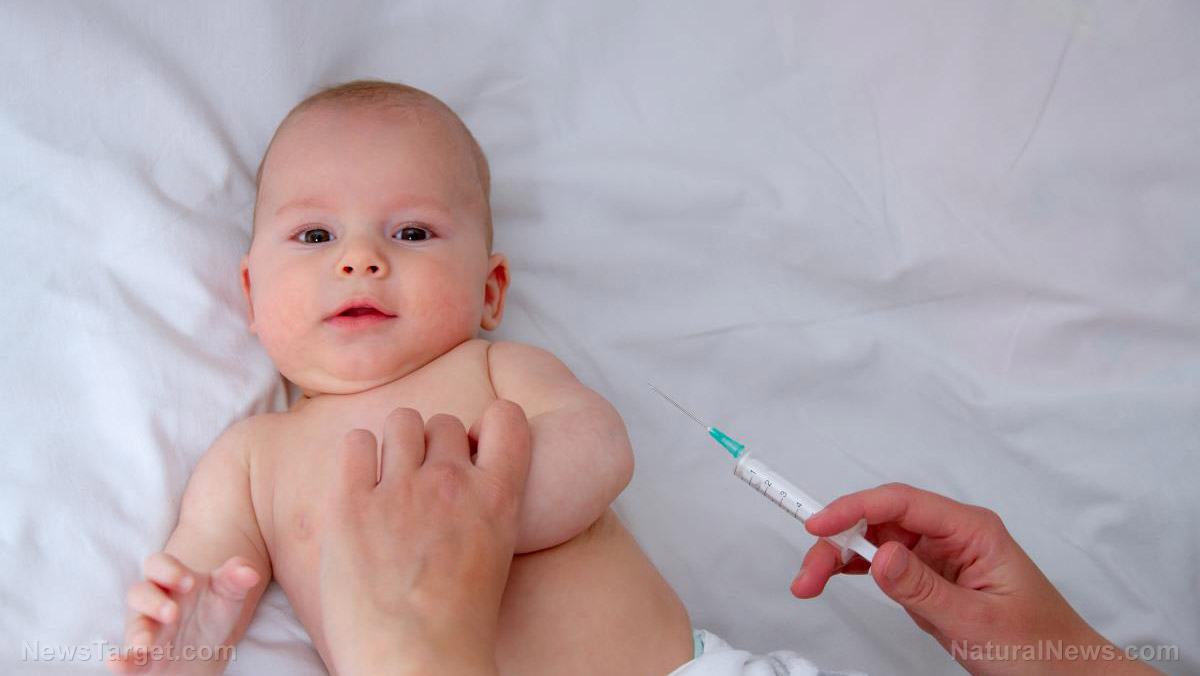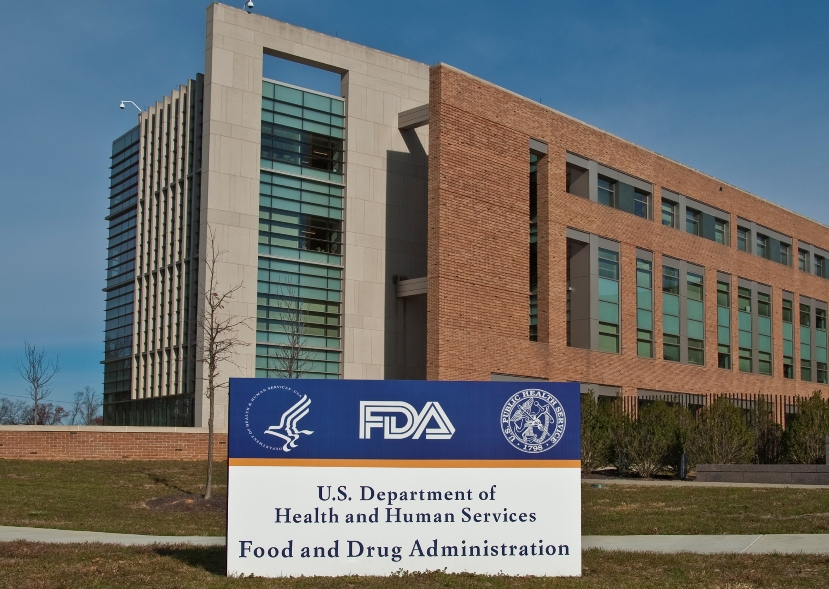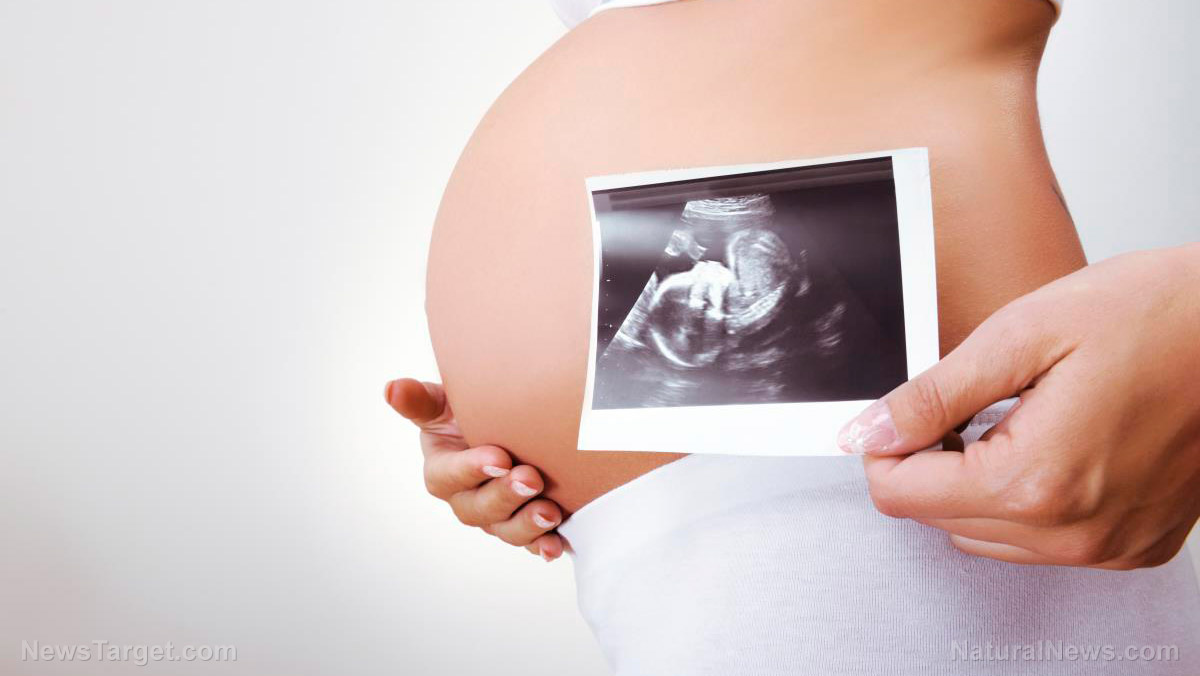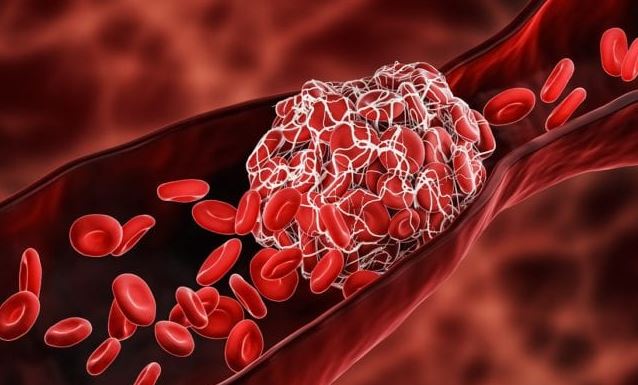STUDY: 70% of Pfizer COVID jab deaths in Japan reported within 10 days of injection
12/17/2023 / By Ethan Huff

New research published in the journal Cureus reveals that the vast majority of people 64 years of age and younger in Japan who got “vaccinated” for the Wuhan coronavirus (COVID-19) and died did so within the first 10 days following injection.
Upwards of 70 percent of all COVID jab deaths involving the Pfizer and BioNTech mRNA (modRNA) injection in Japan were near-immediate deaths that occurred within a very short window of time after the deed was done. The remaining 30 percent of Pfizer COVID jab deaths occurred at least 10 days after injection.
For the study, a cohort of people was divided into two groups: one representing individuals aged 65 and above, and the other representing people aged 64 and below. The risk period was defined as within 10 days of injection, with vaccination day being Day 1 and the control period defined as 11 to 180 days after injection.
In Group 1, there were 1,311 deaths, including 662 males and 649 females. In Group 2, there were 247 deaths, including 155 males and 92 females.
“The percentage of reported cases that experienced death within 10 days after vaccination was 71 percent in Group 1 and 70 percent in Group 2,” the study states about the findings.
(Related: A New York City firefighter is suing the Big Apple for forced retirement following COVID injection injuries that left him disabled with meager disability benefits.)
COVID injections kill
In Group 1, more women than men died from a variety of medical conditions within the first 10 days after injection. On the 11th day and beyond, more deaths were reported among men.
Overall, the vast majority of post-jab deaths occurred on the second day after injection, followed by the third and fourth days for much of the remainder.
Other than “unexplained deaths,” the primary cause of death in Group 1 was ischemic heart disease (119 deaths), followed by heart failure (92) and aspiration pneumonia and asphyxia (72). Of the 239 unexplained deaths, autopsies were performed on eight of them.
In Group 2, greater than two times more men died compared to women from various medical conditions within the first 10 days after injection. Overall on day 11 and beyond, a slightly higher number of men died compared to women.
The highest number of post-jab deaths occurred in Group 2 on the third day after injection, followed by day four, day two, and day five.
The biggest cause of death in Group 2 after “unexplained deaths” was ischemic heart disease (27 deaths), cardiac arrythmias (24), subarachnoid hemorrhage (20), and myocarditis and pericarditis (17). Of the 51 unexplained deaths, nine were autopsied.
According to the paper, there was an outsized difference in male-female deaths caused by myocarditis and pericarditis during the “risk period” with eight men dying for every one female death. Heart failure was responsible for the deaths of nine men compared to every two women.
“Some myocarditis / pericarditis cases may be included within the unexplained deaths category,” the study explains. “Myocarditis is a complication of vaccination, especially in young adults and adolescent males.”
Other causes of death noted in the study include:
• Cardiac arrhythmias
• Aortic aneurysm and dissection
• Intracerebral hemorrhage
• Subarachnoid hemorrhage
• Cerebral infarction
• Respiratory failure
• Interstitial lung disease
• Pulmonary embolism
• Pneumonia
• Sepsis
• Anaphylaxis
• Thrombocytopenia
• Marasmus
“In short, many more older Japanese women and men below 64 faced a higher risk of death immediately within the first 10 days of Pfizer vaccination,” reported The Epoch Times about the study’s concluding determination about the impact of Pfizer-BioNTech COVID jabs on recipients in Japan.
“My brother-in-law died from the third booster,” one commenter wrote in response to the study. “On a Friday, he received the killer shot and on Monday he had myocarditis. He did not make it.”
More of the latest news about death by COVID injection can be found at Genocide.news.
Sources for this article include:
Submit a correction >>
Tagged Under:
Big Pharma, Censored Science, COVID, covid-19, death, Japan, pandemic, Pfizer, research, Study, Unexplained, vaccination, vaccine, vaccine damage, Vaccine deaths, vaccine injury, vaccine wars, vaccines
This article may contain statements that reflect the opinion of the author



